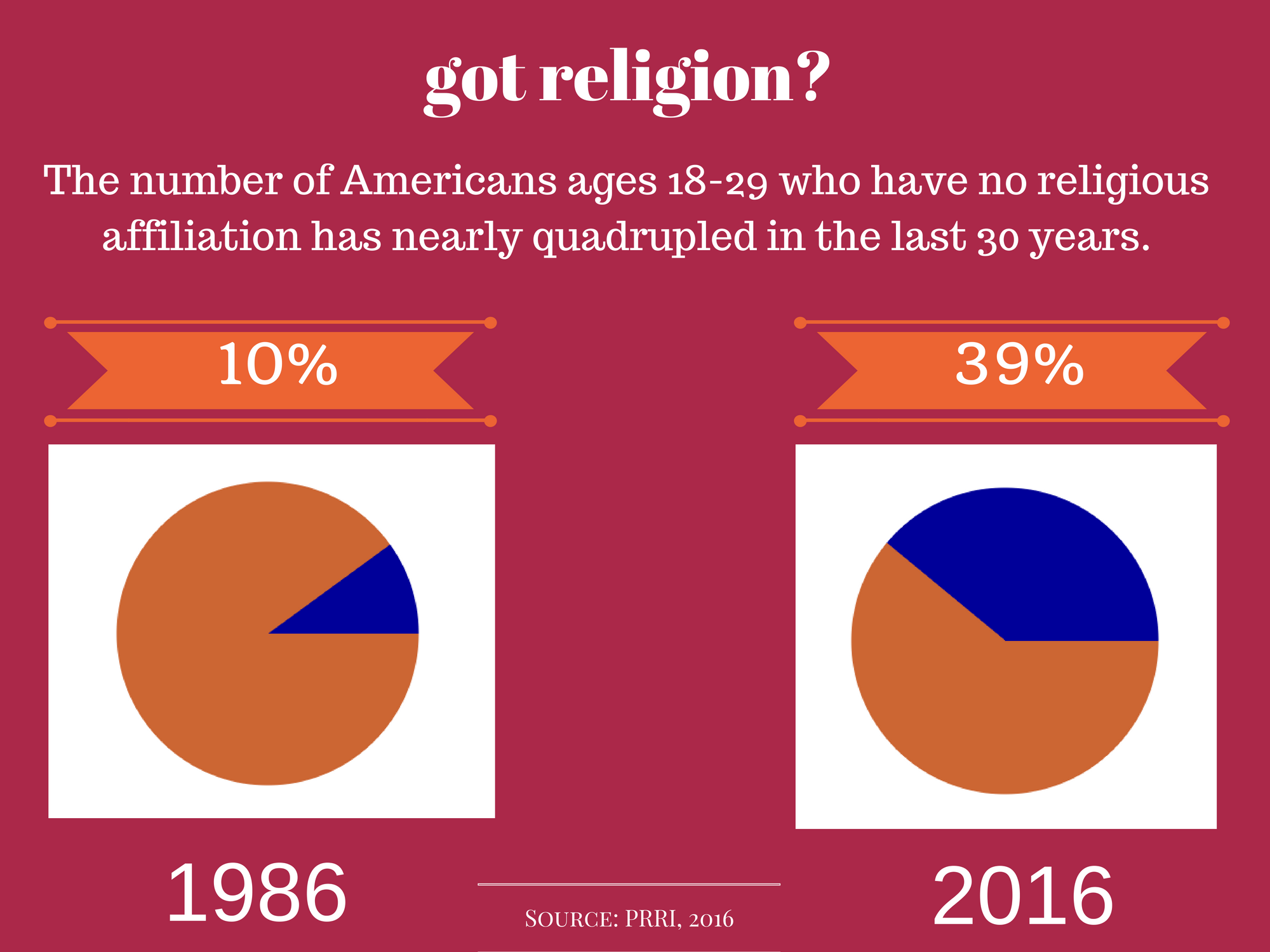Explore The Remarkable Progression Of Catholic Institutions And Their Significant Role In Education And Learning-- Do Their Customs Provide A Pathway To Future Learning?
Explore The Remarkable Progression Of Catholic Institutions And Their Significant Role In Education And Learning-- Do Their Customs Provide A Pathway To Future Learning?
Blog Article
Web Content Writer-Rytter Galloway
When you consider the history of education and learning, Catholic colleges attract attention for their deep-rooted traditions and lasting influence. These organizations began as a means to impart confidence and worths, however they've adapted incredibly over centuries. https://www.usnews.com/education/best-colleges/slideshows/10-things-to-know-about-selecting-a-college-major , they play a crucial function in shaping not simply scholastic success but additionally moral integrity. What's fascinating is how they have actually managed to flourish amidst altering cultural landscapes, questioning concerning their future relevance and impact.
The Origins of Catholic Education And Learning: A Historical Perspective
Catholic education traces its origins back over 1,500 years, when very early Christian areas acknowledged the need for organized knowing. High School Catholic elementary schools In Grand Traverse County 'll discover that these communities aimed to pass on their belief and worths via education and learning.
Monasteries and sanctuary colleges came to be facilities of discovering, supporting both spiritual and intellectual development. As you delve deeper, you'll see that the educational program often consisted of viewpoint, faith, and the liberal arts, developed to form versatile people.
In time, the Church developed a lot more official organizations, guaranteeing that education and learning continued to be available to all. The dedication to mentor ethical values and cultivating a feeling of neighborhood has actually lingered through the centuries, shaping the educational landscape and influencing many lives worldwide.
This long-lasting legacy continues to motivate Catholic education today.
The Development of Catholic Schools Through Social Contexts
As societies developed, so did the role of Catholic schools, adapting to the cultural contexts in which they existed. In the very early years, these institutions concentrated mostly on spiritual instruction, but as communities diversified, they began to include regional languages, customs, and educational demands.
You would certainly discover that Catholic institutions often came to be centers for social cohesion, fostering a feeling of belonging amongst students from numerous backgrounds. In numerous areas, they addressed societal problems, such as destitution and discrimination, by giving available education for all.
As you discover different cultures, you'll see how Catholic institutions have moved their curricula and training methods, showing the values and obstacles of their settings while remaining true to their foundational goal of belief and scholastic excellence.
The Modern Duty and Influence of Catholic Schools in Society
In today's world, Catholic colleges play a crucial function in shaping not simply the educational landscape, yet additionally the wider neighborhood.
You'll discover that these institutions emphasize values like regard, empathy, and social justice, fostering all-around people that add favorably to culture. By focusing on scholastic quality and ethical growth, Catholic institutions prepare pupils for future difficulties, nurturing crucial reasoning and management abilities.
They commonly serve varied populations, connecting voids in accessibility to top quality education and learning. Furthermore, you might notice their commitment to service, urging trainees to participate in area outreach and volunteer work.
This mix of education and learning and ethical advice makes Catholic colleges a significant force, cultivating responsible citizens that can influence their areas for the better.
Final thought
To conclude, Catholic institutions have an abundant background that's formed their long-lasting effect on culture. You've seen how they have actually adjusted to different social contexts while preserving a commitment to confidence, values, and scholastic quality. Today, they continue to play a crucial duty in promoting area, advertising social justice, and nurturing accountable people. As you assess their tradition, it's clear that Catholic institutions remain a powerful force for positive adjustment on the planet.
